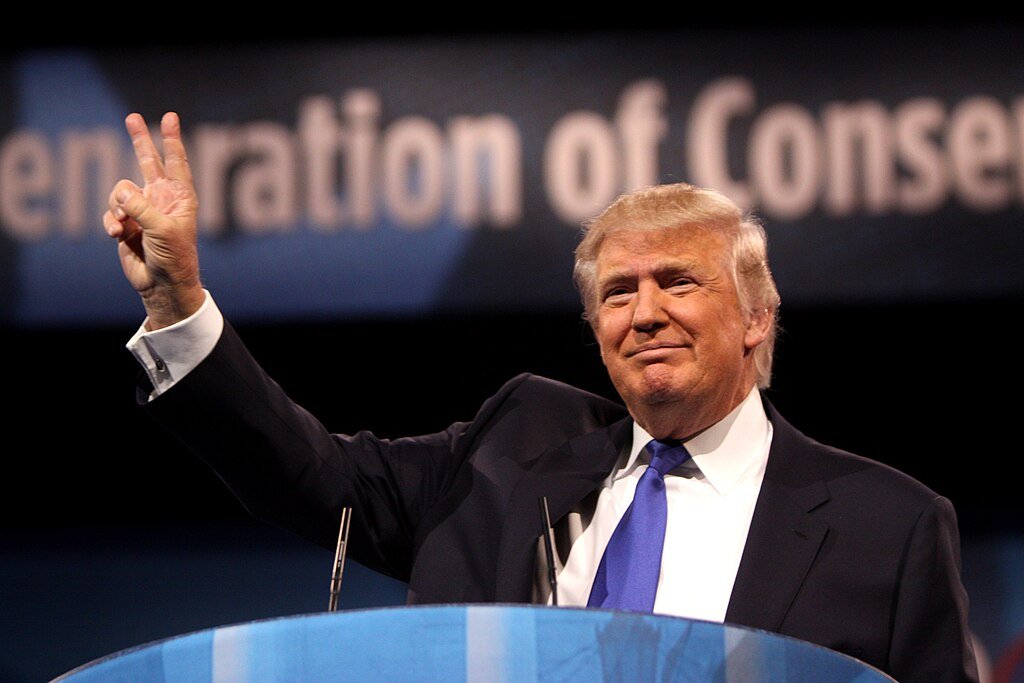On June 8, 2023, a federal grand jury in the Southern District of Florida handed down an indictment against former President Donald Trump. The indictment includes seven criminal charges, such as making false statements, conspiracy to obstruct justice, and willfully retaining documents in violation of the Espionage Act. These charges arise from an investigation into Trump’s handling of classified documents following his departure from office.
According to the indictment, Trump is alleged to have taken classified documents from the White House and transported them to his Mar-a-Lago resort in Florida. These documents encompassed national security briefings, intelligence reports, and presidential records. It is further asserted that Trump stored these documents in a desk located within his private residence, where they were accessible to both guests and staff.
In addition to the allegations regarding the mishandling of classified materials, the indictment accuses Trump of making false statements to the government concerning these documents. Specifically, he is alleged to have denied taking any classified materials with him upon leaving the White House and claimed ignorance regarding their classified status.

These charges represent a historic moment as they mark the first criminal charges ever brought against a former president. If found guilty, Trump could potentially face a maximum sentence of 37 years in prison.
Trump, vehemently denying the charges, has labeled them as a “politically motivated witch hunt.” He has openly stated his refusal to cooperate with the ongoing investigation, adding a layer of complexity to the case.
The prosecution of the indictment falls under the purview of Special Counsel John Durham, who was appointed by Attorney General Merrick Garland in 2021. Durham’s initial mandate was to investigate the origins of the FBI’s probe into Russian interference during the 2016 election.
The indictment against Trump represents a significant development in the ongoing investigation into his conduct. It signifies the willingness of the U.S. Justice Department to pursue legal action against a former president, underscoring the principle that no individual, regardless of their previous position, is above the law.
Transitioning into the indictment’s ramifications, legal experts and political analysts anticipate a protracted and highly contentious legal battle. The case’s outcome will not only influence Trump’s legacy but may also set important legal precedents regarding the accountability and potential prosecution of future presidents.
Critics argue that the charges levied against Trump are a critical step in holding him accountable for his actions and preserving the integrity of the office of the presidency. They contend that no individual, regardless of their status, should be exempt from prosecution if evidence supports criminal conduct.
On the other hand, Trump’s supporters claim that the indictment is a politically motivated attack, aiming to undermine his reputation and the conservative movement as a whole. They argue that the charges are unfounded and designed to tarnish Trump’s legacy and political influence.
As the legal proceedings unfold, key questions arise regarding the strength of the evidence against Trump and whether the case will ultimately result in a conviction. Legal experts stress the importance of maintaining an objective approach to ensure a fair and impartial trial.
Moreover, the indictment raises broader discussions about the boundaries of executive power and the responsibilities of a former president. It also fuels ongoing debates surrounding the necessity of potential reforms to prevent the abuse or mishandling of classified information by future presidents.
In conclusion, the federal grand jury’s indictment of former President Donald Trump on seven criminal charges, including making false statements, conspiracy to obstruct justice, and retaining classified documents, marks a historic moment in American political and legal history. As the case unfolds, the nation will witness a high-stakes legal battle with implications that stretch beyond Trump’s fate. The outcome of this trial will serve as a significant precedent for future accountability and the potential prosecution of former presidents.





















































Discussion about this post